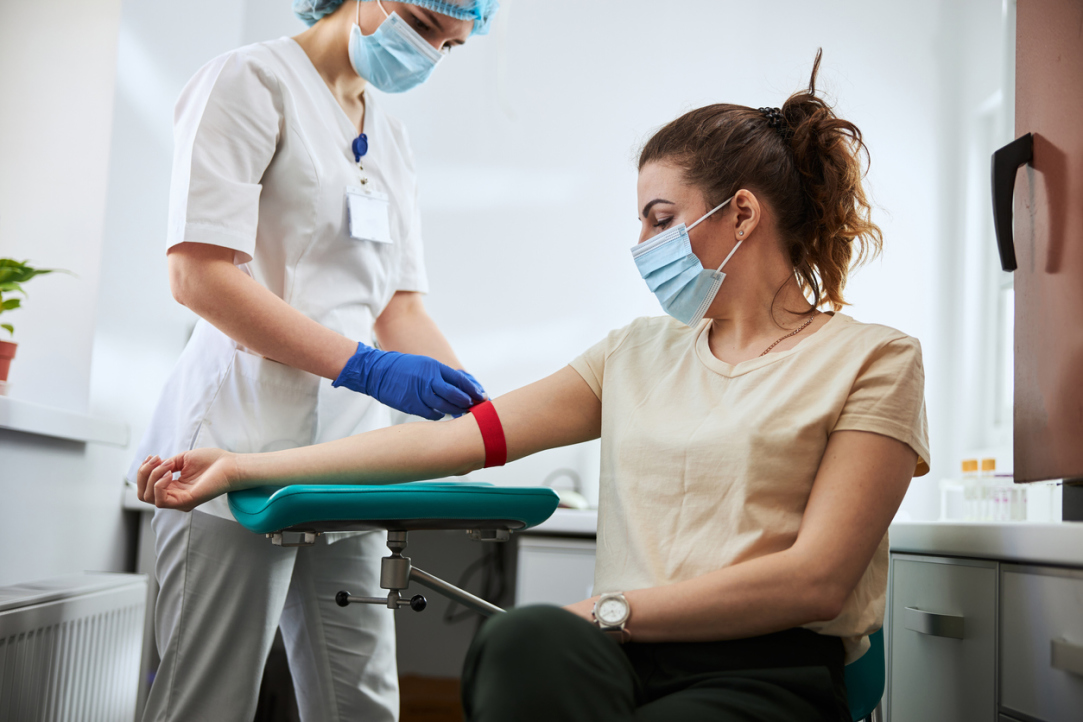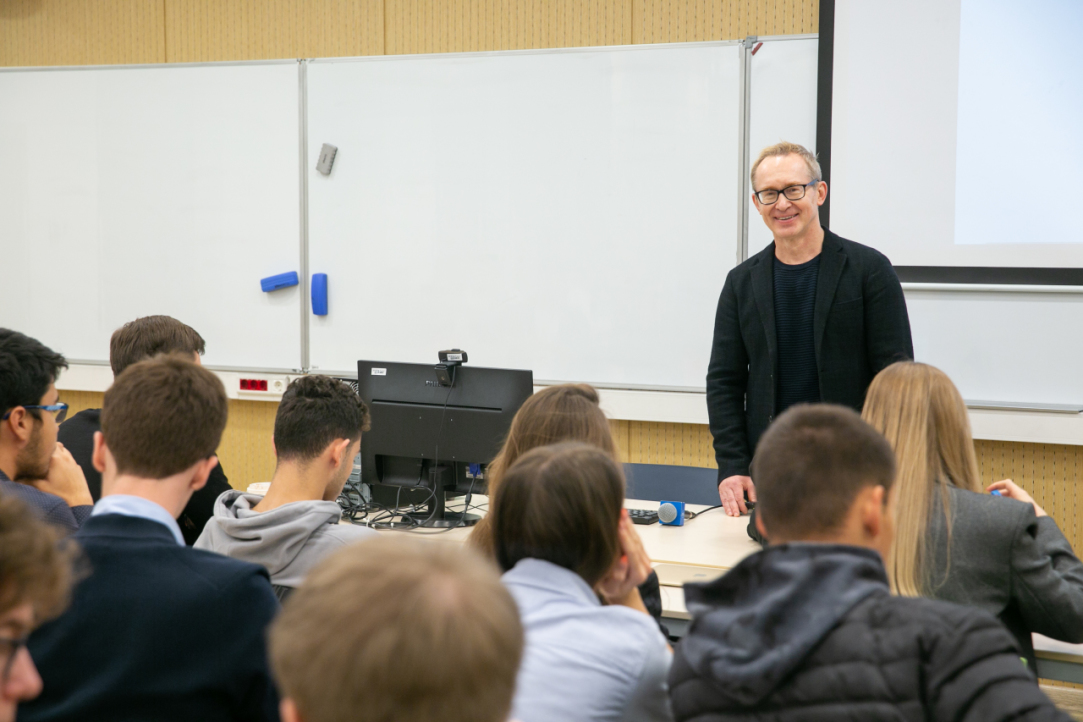
Machine Learning Predicts Epileptogenic Activity from High-Frequency Oscillation Rates
In an innovative study, researchers from HSE University, RAN Institute of Linguistics, and the National Medical and Surgical Centre named after N.I. Pirogov measured and analysed high-frequency oscillations (HFO) in different regions of the brain. An automated detector predicted seizure outcomes based on HFO rates with an accuracy rate of 85%, and by applying machine learning, made it possible to distinguish between epileptogenic and non-epileptogenic HFO. The study’s findings are published in Frontiers in Human Neurosciences.

Optimism Makes Algorithm for Reinforcement Learning More Effective
An international team of scientists from Russia, France and Germany (including researchers of the HSE Faculty of Computer Science, the HSE Artificial Intelligence Centre and the Artificial Intelligence Research Institute) have developed a new reinforcement learning algorithm (Bayes-UCBVI). This is the first Bayesian algorithm that has a mathematical proof of effectiveness and has been successfully tested in Atari games. The result was presented at the ICML-2022 conference.

Research Finds Genes Associated with Most Aggressive Kidney Cancer
HSE researchers have found genes characteristic of the most aggressive subtype of clear cell renal carcinoma. Having studied data on tumour samples from 456 patients, Grigory Puzanov, research fellow at the HSE Faculty of Computer Science International Laboratory of Bioinformatics, identified cancer subtypes associated with either a favourable or unfavourable course of the disease. The paper is published in Scientific Reports.

17 Articles by Researchers of HSE Faculty of Computer Science Accepted at NeurIPS
In 2022, 17 articles by the researchers of HSE Faculty of Computer Science were accepted at the NeurIPS (Conference and Workshop on Neural Information Processing Systems), one of the world’s most prestigious events in the field of machine learning and artificial intelligence. The 36th conference will be held in a hybrid format from November 28th to December 9th in New Orleans (USA).

Study Explains Blood Donation Motivations
An international team of researchers from the HSE International Laboratory of Positive Psychology of Personality and Motivation, the Russian National Research Centre for Hematology, and a number of American universities examined the motivations of regular blood donors.

'Conferences Publicly Push Important Research to New Levels'
During his visit to ICEF, Sergey Tsyplakov, a professor in finance at Moore School of Business of the University of South Carolina, delivered a lecture to students and contributed to ICEF-CInSt 11th International Moscow Finance Conference as a keynote speaker. In this interview, Sergey shares what surprised him about ICEF students, why scientific paper reviewing may not always be objective, and why people on Wall Street read academic research.

Microfluidic Chip Used to Test Drug Toxicity
A team including HSE researchers has developed a way to use microfluidic chips to assess the toxic effects of drugs on humans. This device will help identify and minimise the side effects of drugs during the preclinical trial stage and reduce the need for animal experiments. The study is published in Bulletin of Experimental Biology and Medicine.

Normal for the Abnormal: How the Image of a Maniac Appeared in Popular Culture
The image of a serial killer and/or rapist is a product of scientific discourse, transferred to the cinema, and then to TV series. In many films, the plot is based on finding and capturing such criminals by using a particular method — social and psychological profiling, and the appearance of a maniac in the cinema has been normalized today. Maria Marey, Senior Lecturer at HSE School of Philosophy and Cultural Studies, analysed how science and philosophy have contributed to the emergence of serial killer characters in popular culture, and how it affects the audience.
Balkan Dialogue: What Soft Power Can Do in Tough Times
From 12–16 October 2022, the ‘Balkan Dialogue’ event took place at the Russian House in Belgrade and the Vojvodina Archives in Novi Sad, Serbia. Balkan Dialogue is an international programme organised annually by the Gorchakov Public Diplomacy Fund. Students and professors from HSE University and other Russian universities were among the participants of the programme. The academic supervisor of the event was Professor Ekaterina Entina, Director of the Mediterranean Studies Centre at the HSE Faculty of World Economy and International Affairs.

‘The Competition Gave Young Researchers an Opportunity to Take the Initiative’
In September, HSE University announced the results of a competition of digital projects by early-career HSE scientists. The event was organised within the framework of the strategic project ‘Digital Transformation: Technologies, Effects, Efficiency’. The organisers selected 8 out of 22 applications. The research teams have already started to implement their projects, and the results will be presented at the end of November. The HSE News Service shares the details of three of the highest-scoring projects in the competition. The creators of the projects are staff members of the HSE Center for Language and Brain, MIEM, and the Faculty of Computer Science.


Deadline for abstract submission - November 15